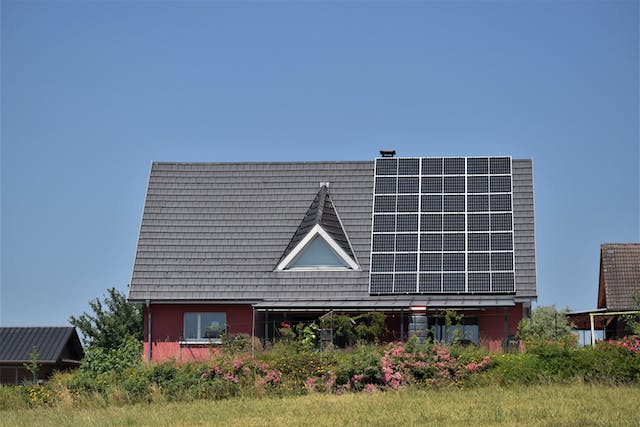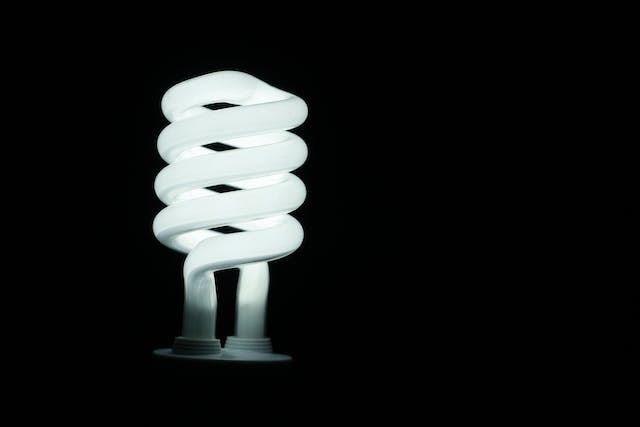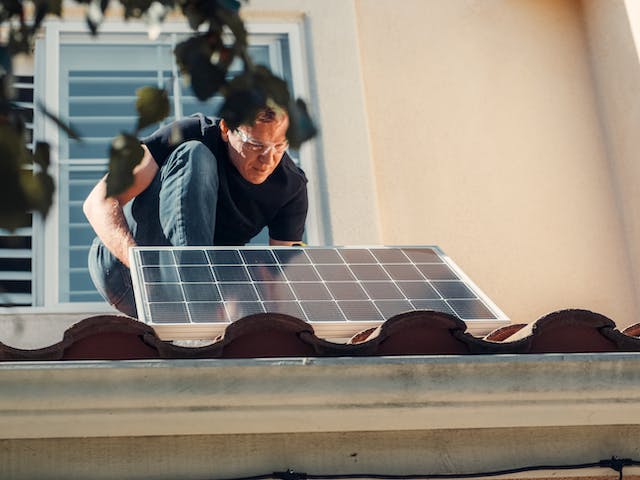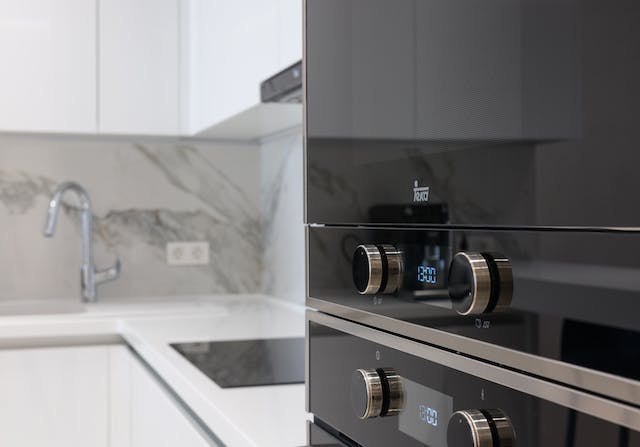Tips for Maximizing Your Home’s Energy Efficiency

In today’s environmentally conscious society, maximizing your home’s energy efficiency is not just a trend. It’s a necessity. This introductory guide aims to shed light on the importance of conserving energy within your home. By adopting energy-efficient practices, you can enjoy a dual benefit: contributing positively to the environment while cutting utility bills. This guide offers practical advice and easy-to-implement strategies to enhance your home’s energy performance. From simple daily habits to significant home improvements, we cover a range of methods suited for everyone.
Understanding the Basics of Home Energy Efficiency
Grasping the concept of home energy efficiency is essential in shaping your living space into a cost-effective and environmentally considerate dream home. Home energy efficiency is using less energy to perform the same tasks in your home, reducing energy waste. This concept is crucial for two primary reasons: it significantly lowers utility bills and minimizes environmental impact, contributing to a healthier planet.
To gauge your current energy efficiency, consider these simple assessment methods:
● Energy Audits: Professional energy assessments can identify areas where your home is
losing energy and suggest improvements.
● Utility Bill Analysis: Compare your energy bills over time to understand your
consumption patterns.
● DIY Checks: Look for drafts around windows and doors, check insulation in attics, and
assess the age and condition of appliances.
● Thermal Imaging: Use thermal cameras to detect heat loss areas in your home.
Energy-Efficient Lighting: Brightening Your Home Sustainably
Maximizing your home’s energy efficiency extends to how you light up your spaces. To begin with, maximizing natural light reduces electricity usage and enhances the ambiance of your home. Large windows and strategically placed mirrors are popular home design features that amplify natural light, reducing the need for artificial lighting during the day. The type of light bulbs you use impacts energy consumption. LED bulbs are the most energy-efficient, consuming up to 90% less power than traditional incandescent bulbs.
Compact Fluorescent Lamps (CFLs) are another energy-saving option, using about one-third of the energy of incandescent bulbs. Consider the lumens (brightness) rather than watts (energy used). Look for Energy Star-rated bulbs, as they meet strict efficiency standards. Opting for dimmer switches and timers can further conserve energy, allowing you to adjust lighting levels according to need and time of day.

Smart Thermostats: A Technological Leap for Efficiency
If you plan to invest in your home’s efficiency, smart thermostats are the ideal choice. They offer a range of benefits that contribute to energy savings and enhanced living comfort. Smart thermostats conserve energy through their ability to detect when you are away, automatically setting the temperature to an energy-saving mode. They also deliver the convenience of remote control, allowing you to adjust settings from your smartphone.
Besides, many models provide energy usage reports, helping you understand your consumption patterns and identify opportunities for further savings. Some top-rated smart thermostat models include the Nest Learning Thermostat, which intelligently adapts to your lifestyle, and the Ecobee SmartThermostat, known for its room sensors that ensure even temperature distribution. Another excellent option is the Honeywell Home T9, which offers robust scheduling features and geofencing capabilities. These models contribute to a more energy-efficient home and enhance overall living comfort.
The Role of Insulation in Energy Conservation
Proper insulation is a crucial factor in energy conservation and can be a wise choice in renovations to improve your home value. Insulation helps maintain a consistent temperature, reducing the need for excessive heating or cooling. It leads to lower energy consumption and, consequently, reduced energy bills.
There are several types of insulation, each with unique benefits:
● Fiberglass Insulation: Common and cost-effective, ideal for attics and walls.
● Spray Foam Insulation: Provides an airtight seal, excellent for preventing drafts.
● Rigid Foam Board: Great for adding insulation to exterior walls and basements.
● Reflective Insulation: Best for hot climates, reflecting heat away from the home.
To ensure your home is well-insulated, consider these tips:
● Inspect the attic for any exposed areas.
● Check the thickness and condition of existing insulation.
● Look for signs of dampness or mold, indicating poor insulation.
● Consider a professional energy audit for a comprehensive assessment.
Maximizing Your Home’s Energy Efficiency with Solar Panels
Installing solar panels is an effective strategy to lower energy costs and contribute to a greener environment. They convert sunlight into electricity, directly reducing reliance on traditional power sources. The initial cost of solar panel installation might seem high, but the long-term savings are significant. Plus, many regions offer tax incentives and rebates for solar energy, making it an even more attractive investment. Start by evaluating your home’s solar potential. Consider factors like roof space, sunlight exposure, and local climate. Consult with a professional to assess the suitability of your home for solar panels and to understand the specific benefits you can expect.
Lastly, transporting and adequately installing sensitive solar panels is a complex task, where hiring specialty movers can be helpful. These pros can handle specialty items carefully, ensuring your solar panels arrive without damage. They also proficiently manage other energy-efficient systems, such as high-efficiency HVAC units and other energy-efficient appliances.

The Impact of Energy-Efficient Appliances
Energy-efficient appliances perform daily tasks using less energy, reducing your home’s overall energy footprint. The difference in energy use among common appliances is striking. For instance, compared to older versions, an energy-efficient refrigerator can use 50% less energy than an older model, while modern washing machines use a third less water and energy. Similarly, upgrading to an energy-efficient oven can reduce energy use by up to 55%.
Also, they help to declutter your home, as they often come with smarter, more compact designs. Maintenance also plays a critical role. Regularly cleaning and servicing your appliances ensures they operate efficiently. For refrigerators, this means cleaning the coils, and for dryers, it’s crucial to clear the lint filter after each use.

Creative Ways to Encourage Family Participation in Energy-Saving
Engaging family members in energy saving can be both fun and educational. Familiarizing family members, especially children, about saving energy helps develop lifelong habits. These practices include turning off electronics when not in use, using natural light instead of artificial lighting during the day, and unplugging devices upon charging.
Setting up a monthly challenge where the family tries to lower the energy bill compared to the previous month can also be motivating. Incentives like a family outing or a special treat for achieving energy-saving goals can encourage participation in these simple, daily practices. These activities save energy while fostering a sense of teamwork and responsibility towards the environment.
Conclusion
Maximizing your home’s energy efficiency is an achievable goal with significant benefits. From understanding the basics of home energy efficiency to implementing smart thermostats and energy-efficient lighting, each step contributes to a more sustainable living environment. Embracing energy-efficient appliances and insulation plays a crucial role in reducing energy consumption. We encourage readers to start applying these practical tips in their daily lives. The collective impact of these changes on the environment and your utility bills can be profound. With an optimistic outlook, let’s commit to these energy-efficient practices, paving the way towards a greener, more sustainable future.
Meta: Discover practical tips for maximizing your home’s energy efficiency. Learn about insulation, smart thermostats, solar panels, and more.

Pingback:Space-Saving Strategies: Maximizing Storage in Small Condo Apartments - FINDLAY REAL ESTATE
Pingback:Space-Saving Strategies: Maximizing Storage in Small Condos & Homes - Preconcentral.com | New Pre-Construction Homes & Condos for Sale from Toronto's Top Home Developers & Builders
Pingback:Exploring the Benefits of Eco-Friendly HomeFeatures - FINDLAY REAL ESTATE
Pingback:Best Investments for Boosting Property Value in GTA - FINDLAY REAL ESTATE
Pingback:What to Look for in a House When Moving to a Colder Climate - FINDLAY REAL ESTATE
Pingback:What to Look for in a House When Moving to a Colder Climate - Preconcentral.com | New Pre-Construction Homes & Condos for Sale from Toronto's Top Home Developers & Builders